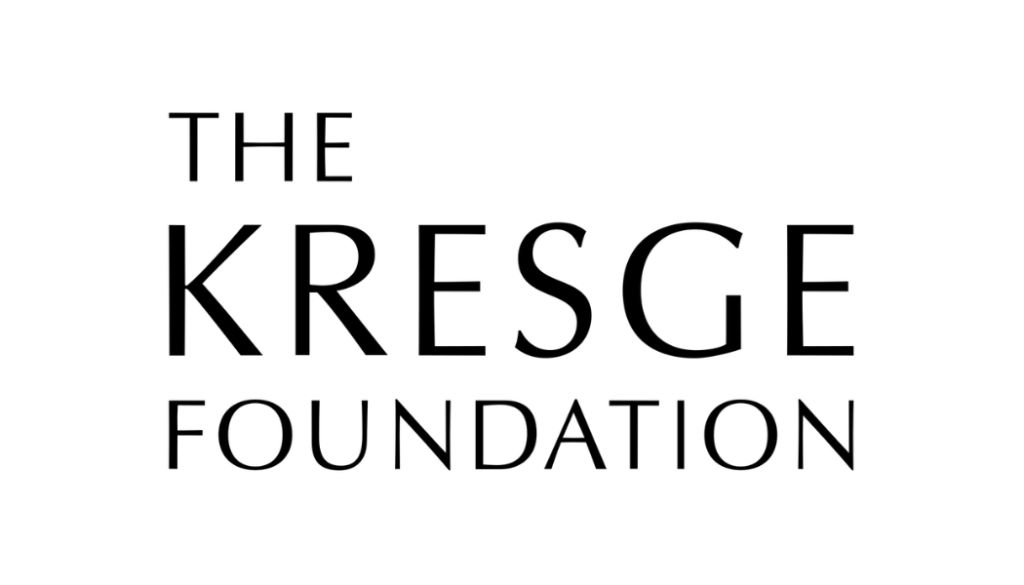
Color of Wealth in Chicago
A new report by The New School’s Institute on Race, Power and Political Economy is the first-of-its-kind study to examine wealth by race, ethnicity and other key drivers in the Chicago metropolitan area.
Read the Report
A family’s financial security and peace of mind begin with building wealth – that cushion of money remaining after debts and obligations are paid. Wealth insulates families against financial hardship and allows them to plan for the future. Yet, in the Chicago region, as Color of Wealth in Chicago shows, wealth is a lopsided affair.
Color of Wealth in Chicago
The Chicago Community Trust commissioned the Institute on Race, Power and Political Economy at The New School to survey Chicago region residents to examine how wealth intersects with race, ethnicity and other key drivers. The report reveals dramatic divides and explores the relationship of wealth to homeownership, access to financial tools and services, incarceration, debt, the COVID-19 pandemic, and more.
Key Findings
Color of Wealth in Chicago shows the net worth of white Chicagoans far outstrips Black, Mexican (both U.S. and foreign-born), and Puerto Rican households. Their diverging fortunes, including lower homeownership rates, less home equity, more student and medical debt, and less retirement savings, affect the whole region’s economic viability and vitality.
-
$0
Median Net Worth
For Black households in the metro area.
-
$6K
Median Net Worth
For foreign-born Mexican families in the metro area. (3% of whites.)
-
$24K
Median Net Worth
For Puerto Rican families in the metro area. (11% of whites.)
-
$40.5K
Median Net Worth
For a U.S.-born Mexican family in the metro area. (One-fifth of whites.)
-
$210K
Median Net Worth
For a white family in the metro area.

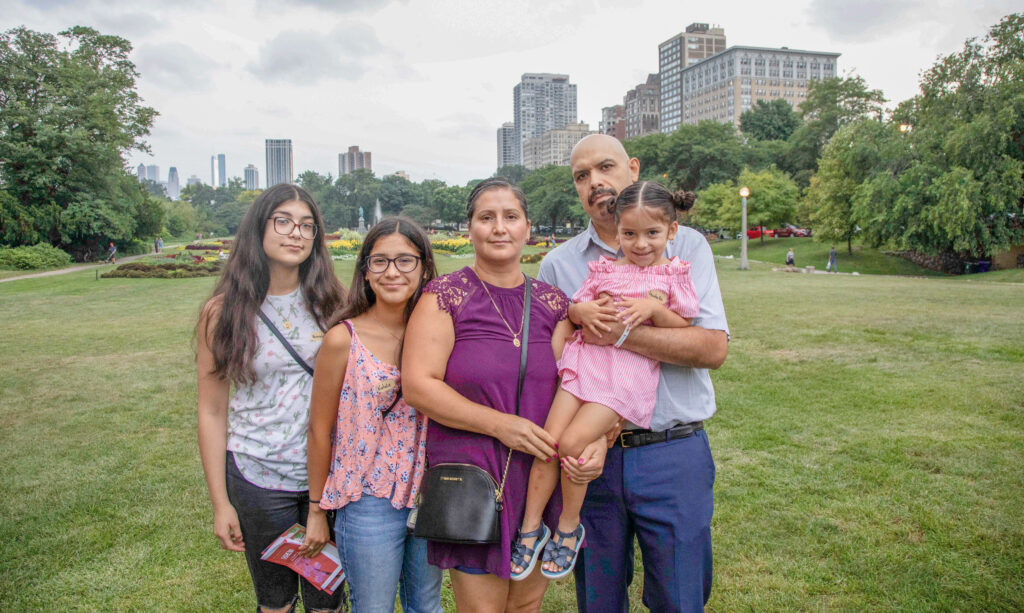

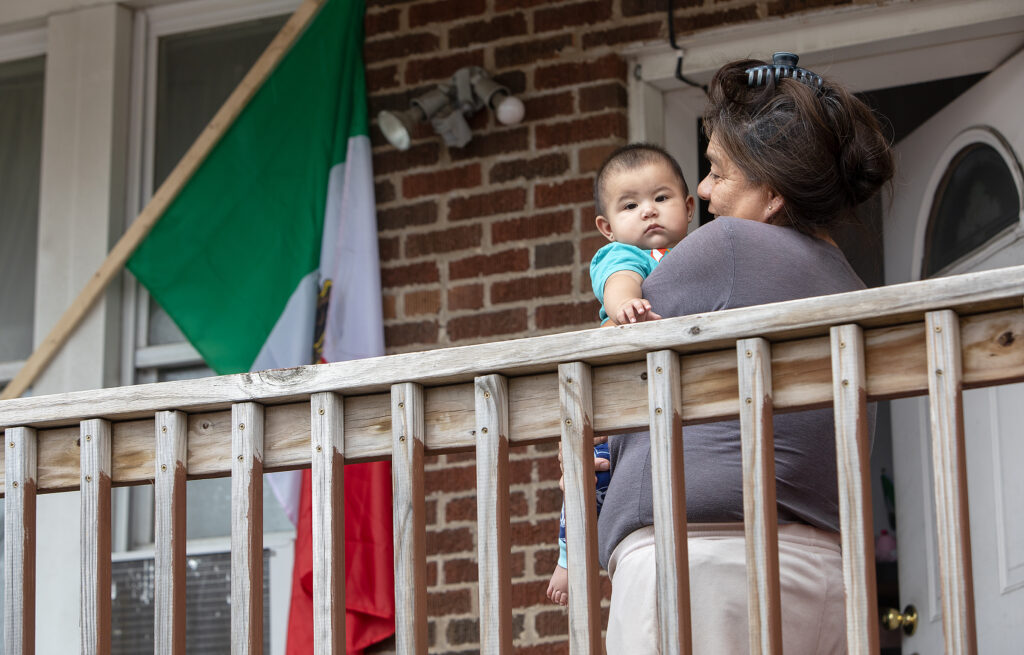

- Black and Latine households have less than $7,000 in readily available cash. White Chicagoans have the most liquid assets, at $27,000. Black families have the least, at $1,000.
- Seven in 10 white families own their homes, while approximately half of Latine families do. Only one-third of Black families are homeowners.
- Fewer than 15% of Black and Latine households own stocks, IRAs, or annuities — the most common vehicles to fund retirement after Social Security. Even with their higher net worth, only 40% of white Chicago-area households have retirement savings in the form of an IRA or annuity-type investment.
- White households with a B.A. or higher have three to four times greater net worth than Puerto Rican or U.S.-born Mexican families with college degrees.
- Home values for all but foreign-born Mexican families range from $250,000 to $300,000. For the latter, their home values are less than half that of the other groups, at $100,000. And white households have nearly double the home equity than others.
- Whites with a history of incarceration have half the net worth of their white peers with no such history. Yet, median net worth for white families with a history of incarceration still far outstrips non-white formerly incarcerated groups.
What the Trust is Doing to Build Wealth
The racial and ethnic wealth gap prevents the Chicago region from being a place where everyone can access quality education, pursue a meaningful career, buy a home, live in a thriving neighborhood, and have a voice in the policies and decisions that impact their lives. By narrowing the wealth gap, the Chicago region will be safer and more prosperous for everyone.
Since 2019, The Chicago Community Trust has focused on closing the racial and ethnic wealth gap, the root cause of many of the region’s greatest challenges — from food insecurity to homelessness to community safety. Today, the Trust is prioritizing its funding to advance programs and policies that increase Black and Latine income and assets, increase Black and Latine homeownership and home equity, and increase neighborhood investment.
In addition to grantmaking, the Trust advocates for policy change to overcome discriminatory policies that helped to create the wealth gap. These include:
- The Here to Work campaign, to ensure long-time and newly arrived immigrants have the ability to work legally and build wealth.
- Creation of property tax payment plans at the state level so that homeowners have more options to stay in their homes and create intergenerational wealth.
- Expansion of mortgage products that use alternative measures of credit rather than a simple credit score, which can exclude so many would-be Black and Latine buyers.


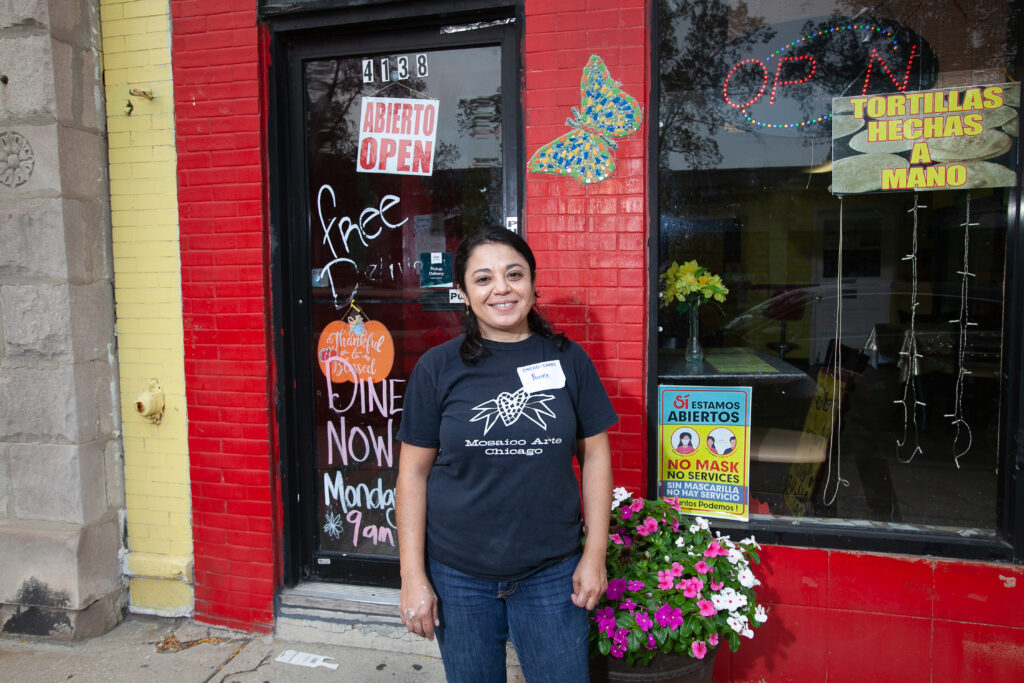

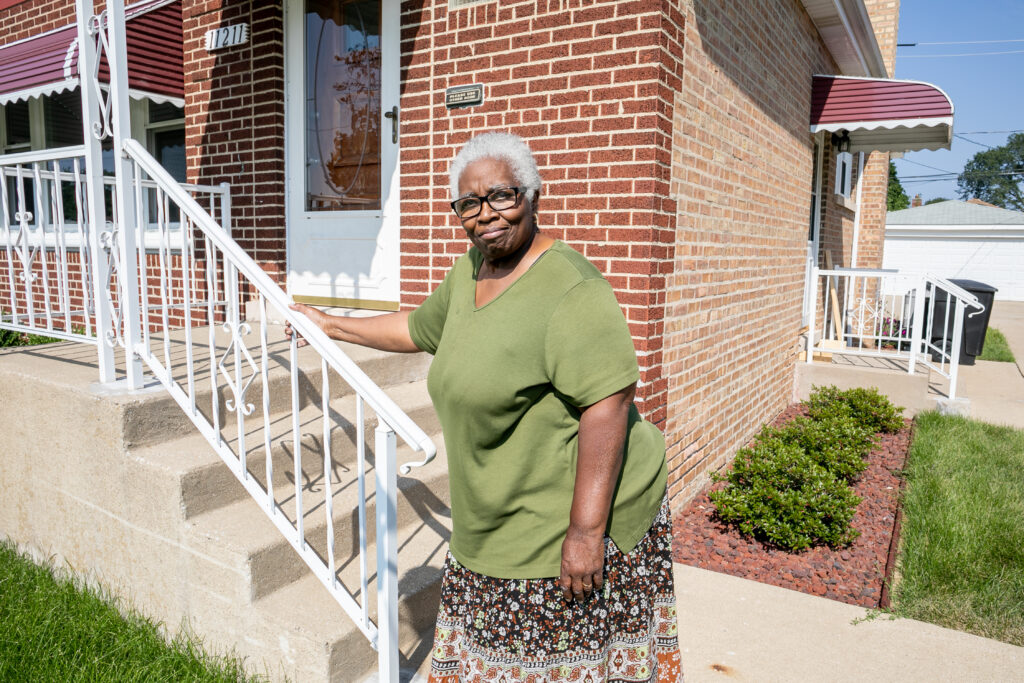
Get Involved
To learn more about this report or to partner with us on future wealth gap or financial health research initiatives, please contact Jennifer Axelrod, Senior Director of Learning and Impact, at jaxelrod@cct.org.
Research Funders


